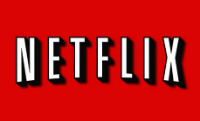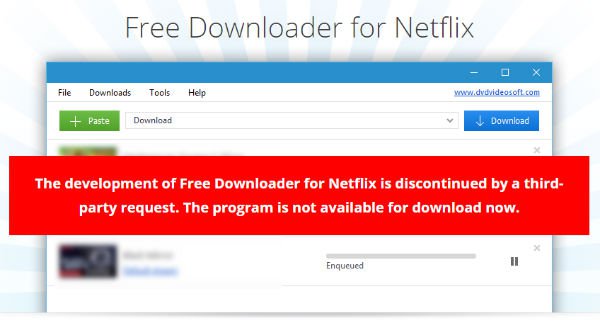BREIN Reveals Anti-Piracy Tactics and Achievements
mercredi 11 janvier 2017 à 09:53 When it comes to civil anti-piracy enforcement, BREIN is without a doubt one of the best known players in the industry.
When it comes to civil anti-piracy enforcement, BREIN is without a doubt one of the best known players in the industry.
The group, which receives support from Hollywood and other content industries, has shuttered hundreds of smaller sites in recent history and took on the likes of Mininova and The Pirate Bay.
In 2016 BREIN continued its enforcement actions in full swing. Besides targeting pirate sites throughout the world, it also increased its focus on individual uploaders of infringing content.
The group just published a detailed overview of what it accomplished over the past 12 months. This provides some clear insights into its anti-piracy priorities and offers a glimpse of what to expect in the near future.
To begin, BREIN stresses that copyright enforcement is needed to make sure that legal offerings can flourish. The main reason why people pirate is because the content is free, it says.
“This means that enforcement is essential. Not only for creation and production, but also for online and offline distribution and further investment in innovation in these areas.”
To ensure a broad impact, BREIN targets a wide range of pirate sources, services, and facilitators. While it’s impossible to make piracy go away completely, it hopes to disrupt the ecosystem enough to lower its prevalence.
“The purpose of enforcement is the disruption of illegal supply and use. BREIN therefore uses a ‘full spectrum’ approach that covers all players,” the group notes.
This strategy includes targeting websites and their hosting providers, search engines, social media, advertisers, payment providers, but also uploaders of infringing content and those who consume it.
Looking at the numbers we see that the anti-piracy group is closing the books on a productive year.
BREIN pulled 231 illegal sites and services offline, for example. This includes 84 linking sites, 63 streaming portals, and 34 torrent sites. Some of these shut down completely and others were forced to leave their hosting providers.
In addition, BREIN also took action against or caught 26 prolific uploaders, removed 18 Facebook groups where infringing content was being shared, removed 2,559,525 search results from Google, and took down 4,159 ads for illegal content.
With regards to uploaders, the anti-piracy group relied on ex-parte court orders in several cases. With these orders in hand it managed to secure several settlements. This includes actions against people who shared content on torrent sites, Usenet and Facebook.
BREIN says it always keeps the personal financial circumstances of its targets in mind when determining a settlement. While these never come cheap, this approach can certainly be seen as more reasonable than the jail sentence that was handed out in the UK for a similar offense.
The targeted uploaders and site operators were identified using a variety of forensic tools and techniques, including IP-address monitoring and requests for personal information to hosting providers or other intermediaries.
Looking ahead, BREIN plans to continue its efforts in the new year. It’s also looking forward to the conclusion of several pending cases, such as the local Pirate Bay blockade, which is currently under review by the European Court of Justice.
In addition, BREIN has started to collect the IP-addresses of pirating users. Ideally, they would like to cooperate with Internet providers to send them warnings, similar to the UK alerts system that will be rolled out soon.
“A warning system can contribute to compliance and prevent naively pirating consumers being faced with settlement claims from individual rightsholders. If compliance increases, only persistent offenders will be targeted,” BREIN writes.
More details on the full review and BREIN’s outlook for the new year are available in Dutch, on their official website.
Source: TF, for the latest info on copyright, file-sharing, torrent sites and ANONYMOUS VPN services.
 Netflix is best known as a video streaming service, but many of its users would also like an option to download content.
Netflix is best known as a video streaming service, but many of its users would also like an option to download content.
 Last September, during his State of the Union address, EU Commission President Jean-Claude Juncker announced plans to modernize copyright law in Europe.
Last September, during his State of the Union address, EU Commission President Jean-Claude Juncker announced plans to modernize copyright law in Europe.
 December 2015 a Virginia
December 2015 a Virginia